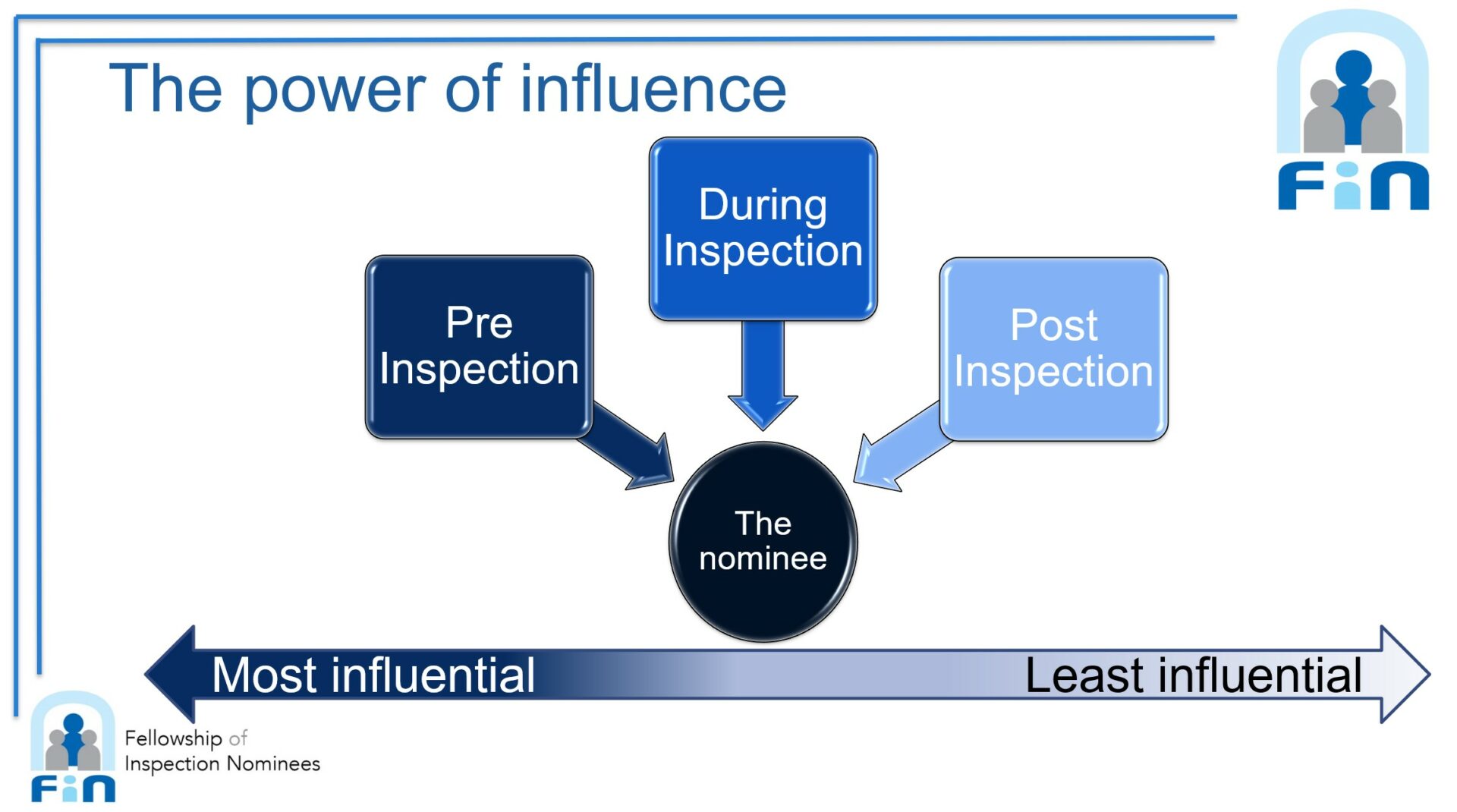It’s time to show that despite all the recent upheaval providers are delivering high-quality training

Since March this year we have seen unprecedented changes in every aspect of our personal and working lives. The Further Education, Learning and Skills sector without exception, has demonstrated its agility and ability to adapt, change and meet the needs of learners, employers and their own staff. Social media has come alive with success stories which have made heart-warming reading, revealing great initiatives and improvisation, and has shown that where there is a will there is certainly a way.
Early this year, Paul Joyce, Ofsted director for Further Education and Skills came out boldly saying:
‘Forget about Ofsted for the time being and just do the right thing for your stakeholders’.
This was excellent advice and I think helped some nervous and apprehensive training providers feel more confident about where their focus should be addressing the immediate concerns that they were having to deal with to continue and support their provision and the circumstances in which they, their employers and learners found themselves.
We are now five months further on, and as society opens again and providers focus on the forthcoming new contract year and autumn term, we need to look at the road ahead.
This is the time to rev our engines and Power Up
It’s time to show that despite all the recent upheaval providers are delivering a high-quality training and education that will be able to stand up well to any external scrutiny. At the Fellowship of Inspection Nominees (FIN) we have been in frequent contact with FIN members throughout the Covid 19 period. It has been amazing and inspirational to witness first-hand how members have continued to support learners and apprentices and deliver remote training sessions sharing some excellent practice. We have talked to members about their contingency plans and on-line delivery through free webinars, network sessions and have heard first-hand how members have adapted and created innovative resources and methods of working.
We received regular feedback from our members relating to inspection and all aspects of Ofsted’s work, but we are also keen to build communication channels across the sector. To help us develop research that aligns with YOU as the nominee, Fin are launching the Register of Inspection Nominees. This forum will be dedicated the collective voices of nominees being gathered, heard and where appropriate shared, crossing all boundaries geographically and by provision type.
Looking forward, some of the most common questions from the sector regarding future inspections are:
- ‘When exactly will Ofsted inspect again and which providers will be prioritised’?
- ‘How will Ofsted view and report upon the lock down period’?
- ‘How will inspection methodology change’?
Ofsted have stated in their communication that routine (graded) inspections are to recommence in January 2021. However, follow-up monitoring visits that are due to providers will resume from September 2020. It is entirely possible that there may be some adaptations to inspection methodology, although at this point its pure speculation about the details of how this will look.
Having worked as an inspector for many years and having supported the sector I have heard providers say so many times, ‘If only we had more time’ and ‘If only we had time to gather our thoughts and be in a position to show our best practice we would have been in a much better place’. Time is precious so don’t waste it, now is the ‘time’ providers have talked about wanting so let’s use it wisely.
Over the years, I have been involved in many conversations where a nominee is appointed based on their focus and drive for quality and their ability to influence. In some cases, after being given the role and responsibility these individuals are not always fully supported in that role and are not given the authority until the last minute when it becomes an ‘all hands-on deck’ scenario. Unfortunately, this approach can increase the potential for panic and raise stress for all involved. Some senior leaders pin all their hopes and place considerable pressure onto the nominee to do their utmost to manage the inspection and influence the outcomes. A very pressurised position indeed.
The reality of influence is actually very different. The skills and abilities of a nominee are very important, and their influence is a critical attribute. However, their influencing skills are best utilised well in advance of any inspection and certainly not left to the two-day notification period.

We have an expression at FIN, that ‘Quality is the best inspection preparation’. The nominee should not be a role for just a couple of days within a three-year inspection cycle. The nominee should be pivotal in driving quality on a continual basis, building a culture of high performance and ensuring best practice is evidenced to fully prepare for the inspection and secure the best possible outcome.
Without doubt this really is the perfect time to ‘Power Up’ and give the appointed nominee the best opportunity to influence and strengthen the way in which the training provision can be managed, co-ordinated, delivered and presented to achieve the most favourable inspection outcome when the time arrives.
For example:
Consider how your ‘intent’ has changed to meet the needs of learners and employers and your own staff in the crisis? What are your new priorities and how will your intent look in the future?
Consider how your ‘implementation’ has changed, how safeguarding became a very different challenge, how learners were supported, and what about maintaining relationships with employers? Remote delivery, on-line learning and a blended learning approach for delivering the training has taken on a whole new meaning.
Consider the actions taken regarding furloughed staff, how they were supported and engaged to feel valued and how were the workloads of those remaining in the business managed effectively? What influence and impact did senior managers, the board and/or governors have on provision during this time?
And of course, what about impact on learners? Did your retention and achievement outcomes change too? Were learners and employers looking for different programme goals, with greater emphasis on staying safe and mental health? Of course, they did. Outcomes and priorities changed for everyone. Priorities changed to meet the needs of not only government directives but the demands of society.
The provider nominee will have been an integral part of all these changes and new strategies and their strongest influence in any forthcoming inspection, regardless of when this will be in the future, will be to capture the innovative changes and the positive outcomes that have subsequently been achieved.
As an organisation this is a good time to consider if your current self-assessment represents a true reflection of your recent provision? Is it time to re-evaluate your organisation to assess your strengths and areas for improvement? Do you have a draft position statement to bring your delivery model and outcomes fully up-to-date?
Reading this article, I hope that every Board member, Leader or Senior manager will take a moment to think about how much support, consideration and training is provided for the nominee all year round, every year – not just when an inspection might be in line-of-sight.
I also hope every reader, regardless of their role in an organisation to consider how they personally can support the nominee to make sure the nominee is given the information and evidence to be able to showcase the amazing work that is being undertaken by everyone.
Kerry Boffey, CEO & founder of the Fellowship of Inspection Nominees & Adult Learning Improvement Network.
Need some help finding the answers to these questions?
From September FIN will be launching our Power Up programme – join me, Kerry Boffey, for a short introductory webinar on Thursday 3rd September 11.00- 11.45
The Power Up programme focuses on 3 main stages of inspection preparation over the Autumn term with pivotal actions points to consider. The programme offers flexibility to meet the needs of all types of provider, regardless of size and programme type. Most importantly it illustrates how the nominee can capitalise on their influencing skills to make the most of this period.











Responses